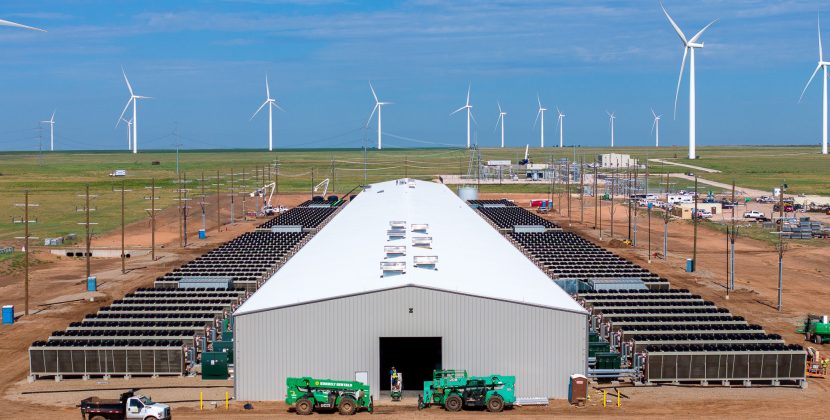After Mantra Chain with the support of Google Cloud launched the RWAcclerator, a start-up accelerator program designed to drive the development, innovation and adoption of real-world assets, it has now announced the seven projects selected from the 150 applications given received.
Supported by Google Cloud, the intention is also to empower builders and startups with investment capital, mentors, dedicated AI support and more, in what is proving to be a timely moment for the space. With the World Economic Forum projecting that by 2027, 10% of the world’s GDP – approximately $10 trillion – will be stored on blockchain networks, with RWAs playing a significant role in the transformation.
Over 150 applications were received for the first cohort of the RWAccelerator, with seven selected projects coming together for a two day in-person summit during the week of TOKEN 2049 in Dubai. For a review of the selected projects and how they’ll be solving real world issues in their respective industries, read on.
The first project is Brickken, an institutional-grade, end-to-end tokenization platform that enables financial institutions, asset managers, and companies to tokenize and manage real-world assets (RWA) across global markets. Whether it’s private equity, credit, real estate, or infrastructure, Brickken provides the tools to digitize assets, manage them more efficiently, and unlock new financing opportunities. The platform supports regulatory alignment, increases transparency, and expands access to liquidity. With over $300 million in tokenized assets, more than 100 clients, and deployments in 16 countries, Brickken is enabling a more efficient, transparent, and accessible financial system.
The second one is Liquidstar which is building a network of solar-powered micro data centers (Waypoints) that provide off-grid communities with electricity, water, and internet infrastructure, while generating revenue by selling excess resources to local businesses and individuals. They are addressing the challenge of energy access and digital inclusion in emerging markets, where underserved populations struggle with unreliable energy sources and lack of connectivity. Their solution not only powers local economies but also integrates cutting-edge technologies like edge AI and blockchain to drive sustainability and economic growth.
As for the third startup to be accepted it is NestiFi, an AI driven child-friendly platform that unites traditional custodial accounts with blockchain-based investments and DeFi yield opportunities. Parents, grandparents, and friends can seamlessly pool funds—whether stablecoins, RWAs, or mainstream crypto—while kids learn the basics of finance through interactive lessons.
The 4th startup is a real estate Investment Exchange that allows users to invest in real estate backed tokens, track earnings and receive payout directly from their dashboard. The name is Elevex.
The fifth is Juic3 Labsn and sixth is Loop RWA. Loop RWA is a crypto-enabled AI agent platform designed to automate enterprise workflows, starting with customer support. By deploying high-accuracy voice and chat AI agents, Loop RWA reduces labor costs and improves service quality for businesses in the EMEA region. The platform also tokenizes recurring SaaS revenues, enabling businesses to access non-dilutive capital while providing crypto lenders exposure to real-world revenue streams. Loop Smart is redefining enterprise automation with a blockchain-native approach.
Finally is Lympid a full-stack platform for launching, managing, and distributing tokenized investment products backed by real-world assets. From Horses, Luxury Watches, Cars, Art to T-bills and Real Estate, Lympid turns exclusive assets into compliant, fractionalized investment experiences available to the masses. Through its App it has already reached 10,000 users and over $10 million transaction volume and is now scaling via API and B2B integrations offering the entire lifecycle of tokenization, from asset onboarding to investor settlement.
@lympid_official
Over the course of the next month, each project will focus on building and deploying their solutions in the MANTRA Chain ecosystem. So too receiving support and advice across key elements including; smart contract development, tokenomics, market maker selection, listing processes, legal compliance and more.
As part of the process, all dApps will first be deployed on the MANTRA Chain testnet for rigorous stability testing before making their official debut on the mainnet.
Simultaneously, we’ll also be sharing updates on each project, diving into their purpose, vision, and progress, with greater depth.

















